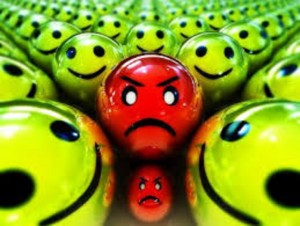Are you struggling with unresolved anger?
Anger can be a good thing. When used wisely, anger can be a way to express negative feelings and help motivate you to find solutions to problems. Anger is considered to be a completely normal, healthy human emotion. We all experience it from time to time.
Anger and wrath or rage are used interchangeably at times, however, anger is defined as an emotion that is characterized by hostility toward someone or something you feel has deliberately done you wrong; while wrath is defined as extreme or violent rage or intense anger. If our anger motivates us to seek solutions, address injustices in a productive way, and heal the damage that has been done to a relationship, then that anger can be called healthy. Angry people almost always feel that they have a “right” to be angry about whatever has upset them.
Excessive anger can affect your health:
- Anger triggers the body’s ‘fight or flight’ response causing the adrenal glands to flood the body with stress hormones, such as adrenaline and cortisol.
- Recurrent unmanaged anger causes a constant flood of stress chemicals and metabolic changes which can eventually cause harm to many different body systems.
- Unresolved and unmanaged anger contributes to many short and long-term health problems, such as
- Headaches
- Digestion problems
- Insomnia
- Increased anxiety
- Depression
- High blood pressure
- Skin problems, such as eczema
- Heart attack
- Stroke
Anger is a powerful emotion and it does not dissipate just because you unleash it. If it is not managed appropriately, it may have destructive results for you and those closest to you. Uncontrolled anger can lead to arguments, physical fights and physical or verbal abuse.
What to Do?
- Recognize and accept the emotion as normal and part of life.
- Catch your warning signs early. Stopping anger early is key to effective management.
- Check your thoughts. Are you too hot to be rational?
- If you feel out of control, walk away from the situation until you cool down.
- Try to pinpoint the exact reasons why you feel angry.
- Once you have identified the problem, consider coming up with different strategies on how to remedy the situation.
- Do something physical, such as going for a run or playing sport.
- Get Help. If you find that your anger is too strong to manage effectively on your own, seek professional assistance.
Handling anger is an important life skill. Anger can shatter communication, tear apart relationships, and ruins both your joy and your health. Everyone struggles with anger at varying degrees, but many people tend to justify their anger instead of accepting responsibility for it. People who deal effectively with anger refuse to see themselves as victims either of others or fate. They see themselves as responders to the challenges of life.
- Anybody can become angry – that is easy, but to be angry with the right person and to the right degree and at the right time and for the right purpose, and in the right way – that is not within everybody’s power and is not easy. – Aristole
- Anger is an acid that can do more harm to the vessel in which it is stored than to anything on which it is poured. – Mark Twain
Found value? Feel free to share!!
To Your Success,
Althea
Althea A. McLeish Wilson, RN, MSN
Educate . Empower . Encourage
Did You Find This Helpful? If so, please feel free to share!




